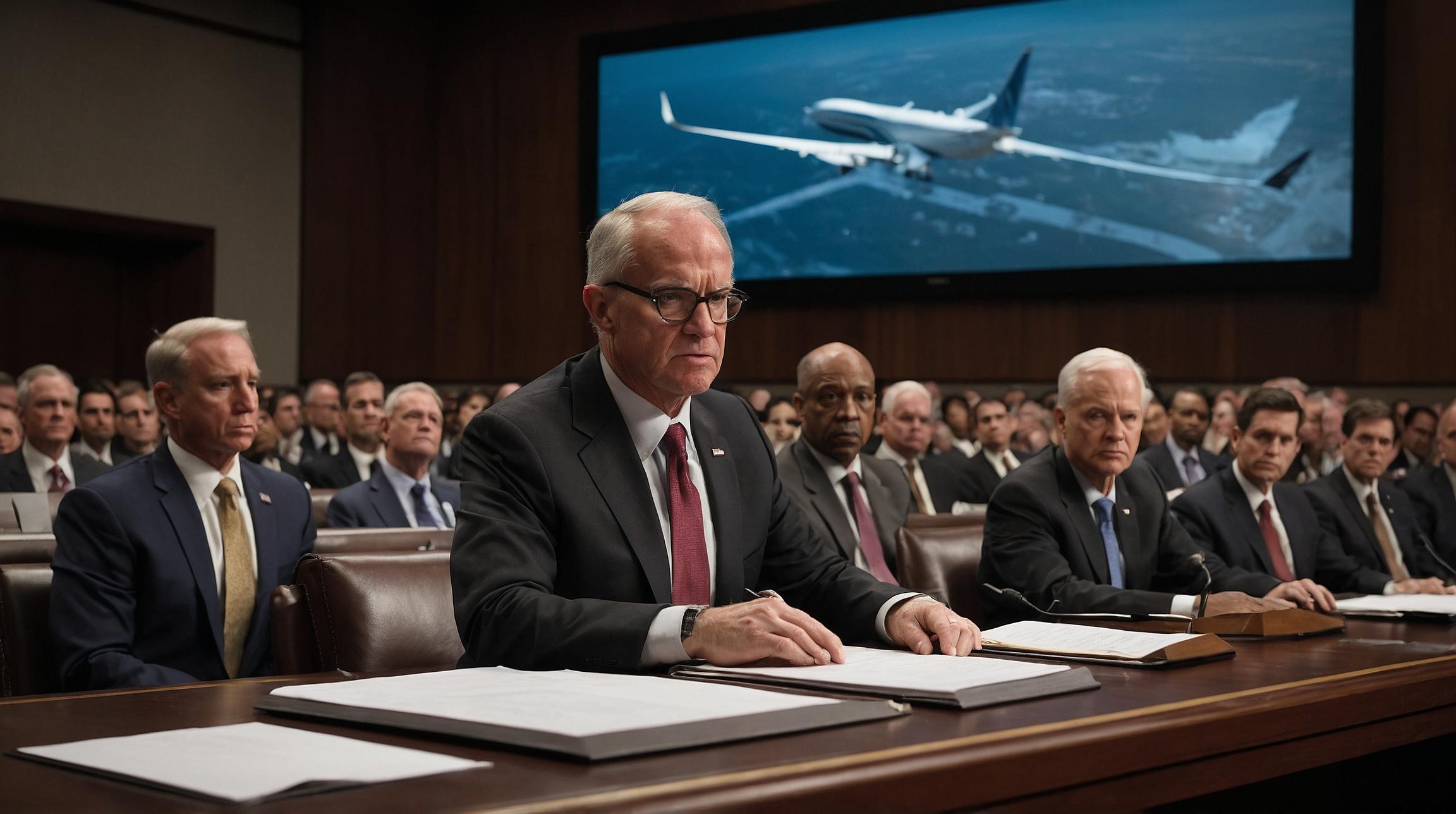FAA Oversight of Boeing's Safety Culture
The head of the Federal Aviation Administration (FAA) is set to testify on September 25th before the Senate Permanent Subcommittee on Investigations, focusing on the oversight of Boeing's safety practices. This hearing, titled "FAA Oversight of Boeing's Broken Safety Culture," highlights growing concerns about the safety and regulatory practices surrounding one of the aviation industry's most prominent players, Boeing.
Background on Boeing's Safety Challenges
Boeing has faced significant scrutiny due to safety concerns, particularly following the January 5th, mid-air emergency involving an Alaska Airlines Boeing 737 MAX 9. During this incident, the aircraft lost a door plug at 16,000 feet, prompting an FAA audit. The audit revealed multiple compliance issues in manufacturing quality control, not only at Boeing but also with its fuselage supplier, Spirit.
Increased Scrutiny and Regulatory Actions
FAA Administrator Michael Whitaker has taken decisive actions in response to these safety issues. In February, he restricted Boeing from increasing production of the 737 MAX until they submitted an acceptable quality improvement plan. The FAA has also enhanced its on-site presence at Boeing facilities to ensure compliance with safety regulations.
Senate's Role in Oversight
The Senate, led by Senator Richard Blumenthal, has been actively questioning Boeing's practices. In June, then-CEO Dave Calhoun faced tough questions about Boeing's safety record. The increased scrutiny from both the FAA and the Senate signifies a long-term journey for Boeing to rebuild its safety reputation, an effort that Whitaker suggests will take years rather than months.
Implications for Boeing's Future
Boeing is also dealing with labor issues, facing a potential strike from Pacific Northwest factory workers over a contentious new contract. Coupled with chronic production delays and mounting debt, Boeing's challenges are compounded. The company's ability to navigate these issues while improving safety standards will be critical for its future in the aviation industry.
Understanding Key Terms
- FAA (Federal Aviation Administration): A U.S. government body responsible for regulating civil aviation.
- 737 MAX: A series of Boeing's narrow-body aircraft that has faced several safety and regulatory challenges.
- Quality Improvement Plan: A strategic plan aimed at enhancing production processes to meet safety and regulatory standards.
The upcoming testimony and ongoing regulatory actions underscore the significant challenges Boeing faces in addressing safety concerns and restoring trust with regulators and the public.













